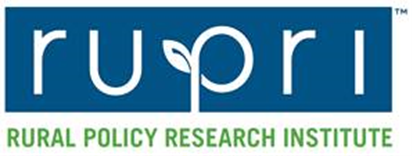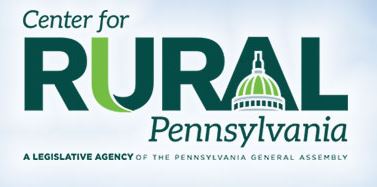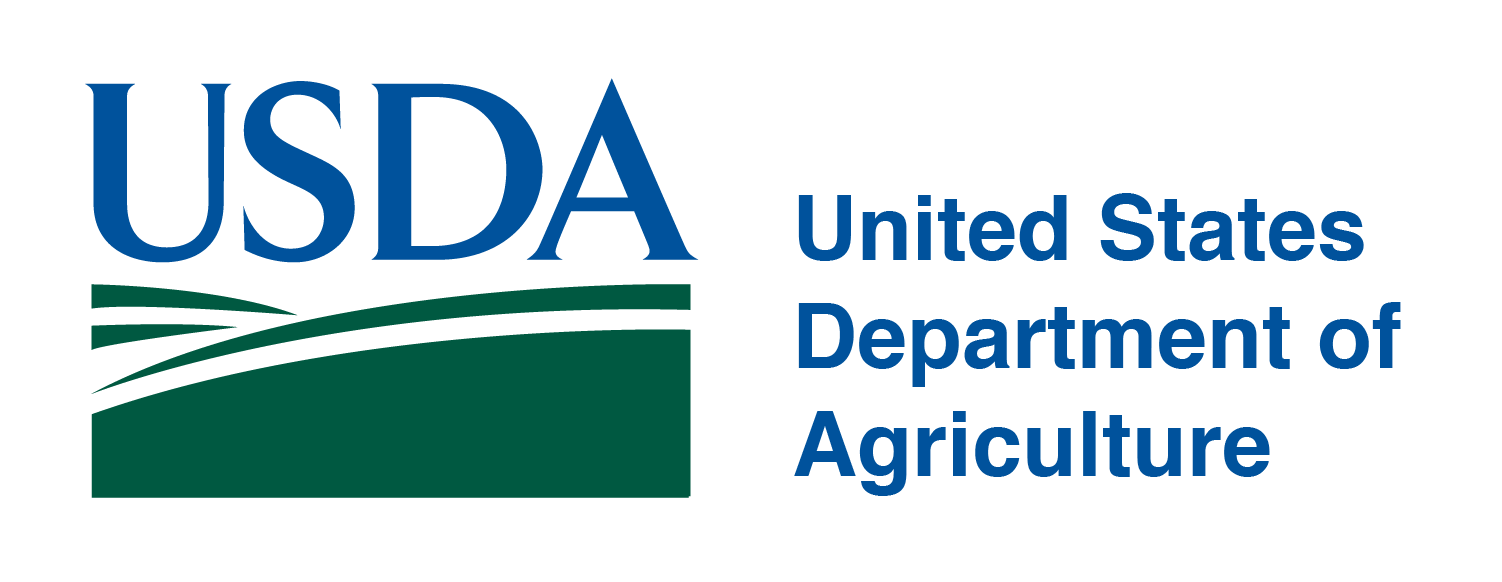The National Network for Oral Health Access (NNOHA) published the results and analysis of their 2021 Community Health Center Workforce Survey. The purpose of the survey was to provide information and analysis on dental team member salaries, satisfaction, and recruitment and retention strategies in health centers throughout the country.
New Brief Released: Financial Risk Acceptance Among Rural Health Care Providers Participating in the Quality Payment Program
 This policy brief summarizes non-metropolitan and metropolitan health care providers’ participation in different tracks and subdivisions in the Centers for Medicare & Medicaid Services (CMS) Quality Payment Program and evaluates provider and patient-panel characteristics associated with financial risk acceptance.
This policy brief summarizes non-metropolitan and metropolitan health care providers’ participation in different tracks and subdivisions in the Centers for Medicare & Medicaid Services (CMS) Quality Payment Program and evaluates provider and patient-panel characteristics associated with financial risk acceptance.
Click here to open the full document.
New! A Conceptual Framework for Optimizing the Equity of Hospital-Based Emergency Care: The Structure of Hospital Transfer Networks
During COVID surges, many hospitals with capacity refused to accept transfer patients because of patients’ uninsured status and complexities associated with interhospital transfer systems, leading to overcrowding at safety-net hospitals.
Charleen Hsuan and colleagues from Penn State University and researchers from the Icahn School of Medicine at Mount Sinai propose the hospital transfer network equity-quality model (NET-EQUITY) — a conceptual framework for understanding emergency department transfers — to foster an equitable population-based system for emergency care. The NET-EQUITY framework explores emergency department networks, spotlights the factors that contribute to inequitable transfer networks, and offers policy responses.
The structure of hospital transfer networks influences patient outcomes, as defined by the Institute of Medicine, which includes equity. The structure of hospital transfer networks is shaped by internal and external factors. The four main external factors are the regulatory, economic environment, provider, and sociocultural and physical/built environment. These environments all implicate issues of equity that are important to understand to foster an equitable population-based system of emergency care. The framework highlights external and internal factors that determine the structure of hospital transfer networks, including structural racism and inequity.
The NET-EQUITY framework provides a patient-centered, equity-focused framework for understanding the health of populations and how the structure of hospital transfer networks can influence the quality of care that patients receive.
Pennsylvania Data Show Overdose Deaths May Be Declining
 An analysis by the Center for Rural Pennsylvania has shown that the number of deaths from drug overdoses may be declining in rural areas. But optimism remains cautious, as many rural areas still have overdose rates above the state average and less access to lifesaving interventions. At a recent hearing, addiction treatment providers in the state stressed the need for regulatory changes to meet rural needs. Providers testified that finding transportation to get to treatment services is a challenge and the majority of people housed at the county’s jail have substance use disorders.
An analysis by the Center for Rural Pennsylvania has shown that the number of deaths from drug overdoses may be declining in rural areas. But optimism remains cautious, as many rural areas still have overdose rates above the state average and less access to lifesaving interventions. At a recent hearing, addiction treatment providers in the state stressed the need for regulatory changes to meet rural needs. Providers testified that finding transportation to get to treatment services is a challenge and the majority of people housed at the county’s jail have substance use disorders.
Linkages Between Rural Community Capitals and Healthcare Provision: A Survey of Small Rural Towns in Three U.S. Regions

New report from USDA’s Economic Research Service
Although healthcare is one of the largest and fastest-growing sectors in the rural U.S., many rural communities suffer from poor access to healthcare, in part due to difficulties recruiting and retaining healthcare professionals.
A report issued today by USDA’s Economic Research Service, Linkages Between Rural Community Capitals and Healthcare Provision: A Survey of Small Rural Towns in Three U.S. Regions, focuses on how rural communities can attract and retain healthcare professionals. The study is based on key informant interviews and a survey of healthcare professionals in 150 rural small towns in 9 U.S. states.
Here are a few key findings from the report:
- Social capital (the value of personal and professional relationships) was widely perceived by both key informants and healthcare professionals as important for the recruitment and retention of the professionals. Many key informants and most healthcare professionals highlighted the importance of relationships with family, friends, colleagues, and patients in recruitment and length-of-stay decisions.
- Physical capital such as the availability and quality of housing, medical facilities, and equipment was widely cited as a factor, though less often than social capital.
- Human capital, reflected in the quality of both schools and healthcare professionals, is also widely perceived as important for recruitment and retention, though cited less often than social capital. Key informants more often cited the importance of school quality for recruitment—while healthcare professionals often cited the quality of the medical community, colleagues, and staff as important to accepting and retaining employment.
For more information, please refer to the full report.
New Report Reveals Dental Insurance Dropouts
New monthly data from the American Dental Association (ADA) Health Policy Institute (HPI) reveal new insights into the status of practice participation in dental insurance networks. The data show that about 1 in 6 dental practices have dropped out of some insurance networks since January 2023. The February 2023 poll also revealed that one-third of dentists continue to report they are actively recruiting dental hygienists and dental assistants.
PA State Data Center Publishes New Briefs
See below for new briefs from the Pennsylvania State Data Center. For more information, contact the Data Center at pasdc@psu.edu.
New Brief Highlights Median Household Income in Pennsylvania
Our latest brief details median household income in Pennsylvania. The brief explores differences by race and ethnicity at the state level and compares Black or African American households and White households at the county level. Read more on our Research Briefs page.
Census Bureau Updates
- 2021 County business Patterns
The U.S. Census Bureau released the 2021 County Business Patterns (CBP) First Look data table. This preliminary tabulation includes the number of establishments; employment for the week of March 12, 2021; first quarter payroll; and annual payroll at the North American Industry Classification System (NAICS) sector level for the nation. Final CBP tables for 2021 are scheduled for release in April 2023. Click here to learn more.
- New National Experimental Data Product about Wellbeing
The U.S. Census Bureau released the first set of estimates from the National Experimental Wellbeing Statistics (NEWS) project, an experimental data product that uses a new methodology to calculate income and poverty estimates. Click here to learn more.
- New data from phase 3.7 of the experimental Household Pulse Survey (HPS)
The HPS is an effort by the Census Bureau and other federal statistical agencies to provide near real-time data on how the COVID-19 pandemic, and changes in social and economic conditions are affecting people’s lives to inform federal and state response and recovery planning. Click here to explore the data.
New Study Released: Silver Diamine Fluoride Effectiveness
A study of almost 3,000 children found silver diamine fluoride may be as effective as dental sealants for caries prevention. The study was reported in JAMA Network Open. The objective was to determine the noninferiority of silver diamine fluoride with fluoride varnish versus traditional glass ionomer sealants with fluoride varnish after two years when provided to children via a school-based health care program.
Rural Hospitals Face Renewed Financial Challenges, Especially in States That Have Not Expanded Medicaid
 Zachary Levinson Follow @zlevs100 on Twitter , Jamie Godwin , and Scott Hulver
Zachary Levinson Follow @zlevs100 on Twitter , Jamie Godwin , and Scott Hulver
Published: Feb 23, 2023
Policymakers have had ongoing concerns about the financial health of rural hospitals and the implications for access to care and the local economy. Rural hospital finances improved during the COVID-19 pandemic as a result of government relief funds. However, industry reports suggest that the outlook for the hospital sector as a whole deteriorated in 2022 as these funds have gone away and due to ongoing effects of the pandemic (such as labor shortages), rising prices, and investment losses. Concerns about the viability of rural hospitals have been cited as one factor that could potentially motivate lawmakers to expand Medicaid in the eleven states that have not already done so. These non-expansion states collectively account for about one-third (34%) of rural hospitals, based on our analysis of 2021 hospital cost report data.
In this data note, we provide a background on rural hospital finances and use hospital cost report data to describe operating margins among rural hospitals before and during the COVID-19 pandemic (see Methods for details). We find that median operating margins among the rural hospitals in our analysis increased earlier in the COVID-19 pandemic, likely as a result of government relief funds, but that these facilities face renewed financial challenges, especially in states that have not expanded Medicaid (Figure 1). Among rural hospitals in non-expansion states, median operating margins were 2.1 percent during the July 2021-June 2022 period and were -0.7 percent when excluding documented relief funds. In Medicaid expansion states, median operating margins dropped, but remained positive even after excluding documented relief funds.
New Report: Bank Branch Closures and Banking Deserts in PA, NJ, and DE

A new Philadelphia Fed report finds that the loss rate of bank branches in the Third District states of Pennsylvania, New Jersey, and Delaware more than doubled during the pandemic. Here are some of the highlights from the study.
- The three states combined experienced a net loss of 627 branches and a significant increase in the number of banking deserts, census tracts without nearby bank branches, during the pandemic.
- The number of lower-income, non-White, or rural banking deserts increased from six to 11 from 2019 to 2022.
- The share of low- and moderate-income (LMI) individuals living in banking deserts increased by 30 percent.
Increasing bank branch closures are a cause for concern, as banking deserts can limit opportunities for lower-income residents to improve their financial health and accrue wealth.
Read the report.
